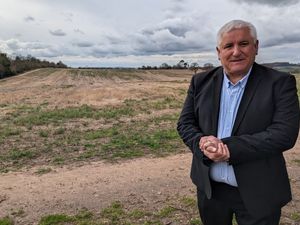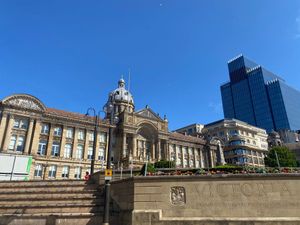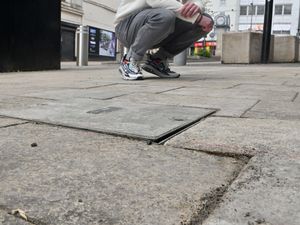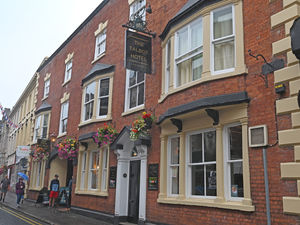West Midlands Combined Authority's £900 million budget approved
A budget of more than £900 million to spearhead regeneration and other projects across the West Midlands has been backed by leaders.

The 2021/2022 West Midlands Combined Authority (WMCA) budget was approved by members in a bid to support the region post-Covid-19.
But chiefs have warned of the financial uncertainty due to the pandemic – with research suggesting the region could be the worst hit.
West Midlands Mayor Andy Street said: "The investments outlined in this budget will help the West Midlands make significant strides towards a quick and effective recovery from the coronavirus pandemic, as well as tackling the climate emergency facing our region.
"We’re investing hundreds of millions of pounds in our green public transport network, with zero carbon and Sprint buses, new rail stations, cycling infrastructure, and of course Metro extensions – with almost £100m alone being spent over the next year on the Wednesbury to Brierley Hill extension.
"Meanwhile more than £116m is being spent on the remediation of derelict brownfield land, saving acres of greenbelt from development, and we’re investing £142m to level up our skills, getting us ready for the huge boost in the green jobs of the future as we look to help get people into work.
"What these investments will do is help to create and protect jobs at what is such a critical time for many people’s livelihoods, whilst also helping us on our way to becoming carbon neutral by 2041.
"We are managing to deliver all of this without costing the taxpayer any more money, as this will be the fourth year in a row where we have not introduced a mayoral precept, meaning not an extra penny from us will be added to people’s council tax bills."
The budget includes £142 million for an Adult Education Budget – the biggest of any UK region outside of London – to help people gain new skills and find work.
A further £363m has been put aside for the West Midlands Combined Authority's transport arm – Transport for West Midlands – to cut carbon emissions and improve travel.
Projects include the expansion of the Metro tram system, new railway lines and stations, more cycling and walking routes and the development of a Spring rapid bus network among others.
In addition, there will be £11m available for subsidised bus service – with £7m for Ring and Ride and nearly £4m to enhance transport for the Commonwealth Games.
More than £116m is committed for housing and land projects and in particular the WMCA's brownfield-first policy to unlock and redevelop derelict urban land and help safeguard the green belt.
The move includes key schemes such as up to 750 homes on a former sewage works at Friar Park in Sandwell and more than 250 homes on the former Caparo steel works in Walsall.
Around £120m in capital grants will be allocated to local authorities to help fund major infrastructure projects with significant investment in Coventry, Solihull and Birmingham – including £20m for the Commonwealth Games.
Councillor Bob Sleigh, deputy mayor and WMCA finance chief, said: "I would like to thank all those who have done such tremendous work in putting together a balanced budget in what are extremely difficult times, not least because of the substantial loss of revenue the combined authority has suffered as a result of the impact of Covid-19 on our public transport.
"But it’s important to recognise the significant funding in this budget for new transport infrastructure, brownfield regeneration and skills and training, all of which can help take forward the green agenda and provide support for a future economy that is more focused on innovation and new green technologies.
"Clearly there are challenging times ahead and we will be refreshing our medium-term priorities early in the new financial year with the aim of recapturing our pre-pandemic economic success while driving innovation and carbon reduction."





